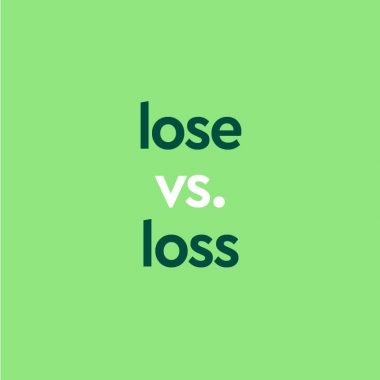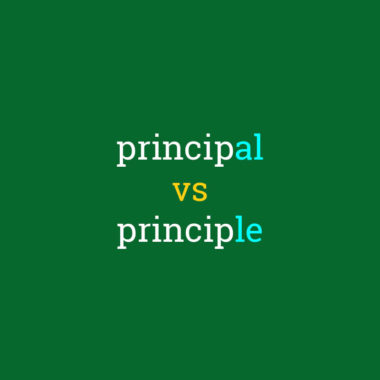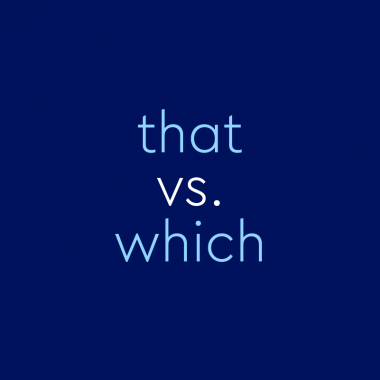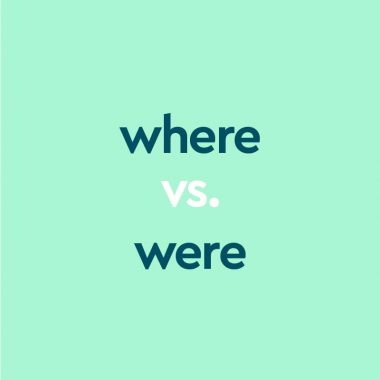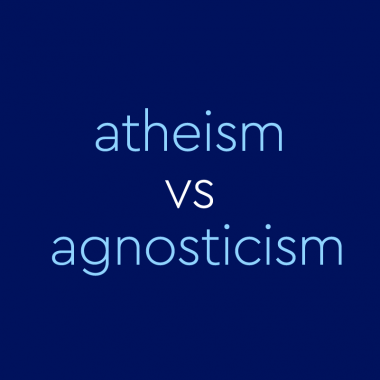“Lose” vs. “Loss”: What’s The Difference?
Lose and loss are used in all the same contexts, but they are different parts of speech: one is a verb, and one is a noun. In this article, we’ll explain the differences between lose and loss, show how each one is typically used, and provide examples of how they often appear in sentences. The word lose is always used as a verb. Lose is …
